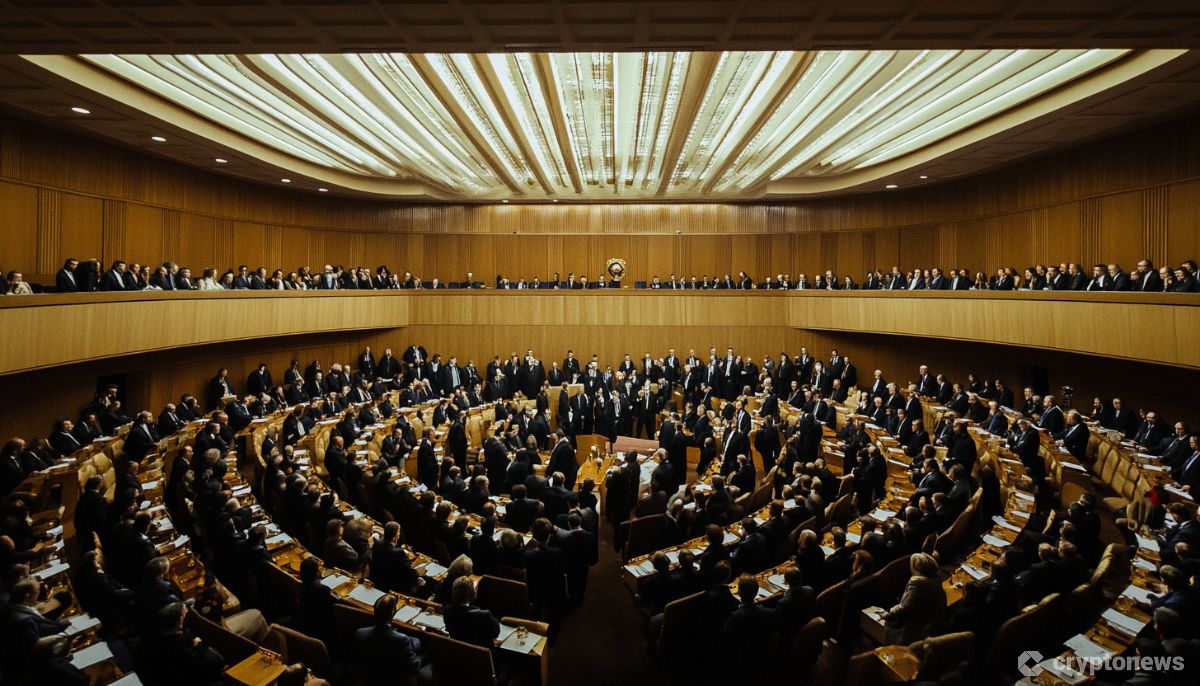Russian lawmaker Anatoly Aksakov has stated that Russian firms have been utilizing crypto to conduct cross-border trade deals worth billions of dollars. However, he believes it is necessary to restrict the number of organizations that can use crypto for settlements. He mentioned that new crypto regulations and a list of authorized crypto participants will be established by November. The Chairman of the State Duma’s Committee on Financial Markets also explained that the Ministry of Finance and the Central Bank are ready to implement new legislation to determine who can participate in a new sandbox. This sandbox will allow selected firms to use crypto as a payment tool in international settlements, marking a significant shift in Russia’s stance on cryptocurrency.
The Russian government’s discussions include the potential regulation of crypto exchanges, which remain unregulated in the country. Previously, there were talks of banning crypto exchanges, but with the decision to legitimize the industrial crypto mining industry, there seems to be a shift in approach. Russian firms have expressed challenges in conducting business with international partners due to Western sanctions, prompting some companies to already utilize crypto in cross-border trade. The Central Bank is concerned about the handling of the coins accumulated by trading firms and miners, suggesting that the coins should be liquidated for fiat. However, the question of which platform to use for this transaction remains unanswered.
Anatoly Aksakov emphasized the importance of protecting the crypto market from unscrupulous participants who may use crypto for illicit activities like purchasing weapons and drugs. He suggested that banks could play a significant role in the crypto market, with some banking players already engaged in crypto-related activities. Aksakov insisted on conducting pilots before expanding access to crypto, highlighting the sandbox as an experimental zone under the Central Bank’s supervision. The government aims to gradually increase the number of participants and trading platforms allowed to handle crypto after understanding how to regulate it effectively through extensive pilots.
The Ministry of Finance and the Central Bank of Russia plan to engage in discussions with market participants to explore the potential use of stablecoins in international settlements. They believe that fiat-pegged coins could offer advantages over traditional payment services in cross-border transactions. Aksakov acknowledged that some Russian firms are already using crypto in lieu of fiat for cross-border trade, signaling a lenient approach by Moscow until the sandbox is fully operational. The government’s focus on crypto regulation shows a shift towards embracing digital assets as a legitimate tool for international trade, despite initial concerns and uncertainties surrounding the use of cryptocurrency.
In a recent development, the Russian Central Bank raised its key rate to 19%, citing inflation as the primary reason for the increase. While this decision aligns with efforts to curb inflation in the country, critics argue that the official inflation rate may not accurately reflect the economic reality in Russia. The move to raise interest rates could impact various sectors of the economy, including cross-border trade facilitated by crypto transactions. As the Russian government continues to navigate the complexities of regulating crypto in international settlements, the decision to raise interest rates underscores the broader economic challenges facing the country and the implications for the evolving crypto landscape.











